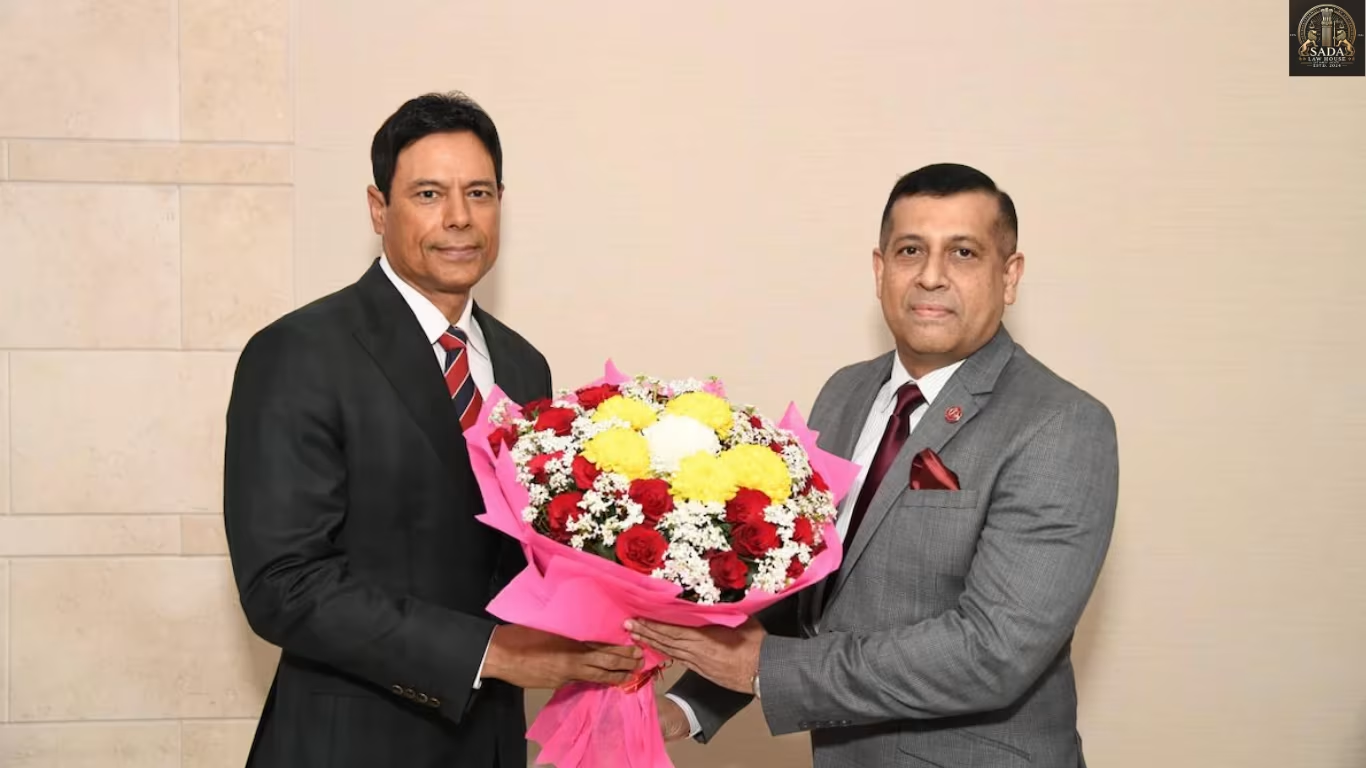India and Bangladesh Begin High-Level Border Security Talks in New Delhi
- Shristi Singh
- 17 September 2025

Introduction
India and Bangladesh began a new round of high-level border security talks in New Delhi on 17 September 2025, focusing on boosting cooperation between India’s Border Security Force (BSF) and Bangladesh’s Border Guard (BGB). The dialogue covered issues such as cross-border crimes, smuggling, illegal migration, and water-sharing disputes. Both sides emphasized peaceful conflict resolution, reduction of tensions, and stronger mechanisms for coordination across the 4,096 km border.
Background
India and Bangladesh share one of the world’s longest land borders, spanning 4,096 km across five Indian states—West Bengal, Assam, Meghalaya, Tripura, and Mizoram. The terrain is porous and riverine, making it difficult to manage, with dense populations residing on both sides.
Key challenges have included illegal migration, smuggling of cattle and narcotics, human trafficking, and disputes over water-sharing, especially the Teesta river. While the 2015 Land Boundary Agreement resolved long-standing enclave disputes, local-level tensions remain.
BSF–BGB talks have become vital for de-escalating incidents and preventing them from spilling into diplomatic conflicts. The September 2025 session comes at a critical time when both nations face regional security concerns, climate impacts, and political sensitivities linked to migration and citizenship.
Key Developments
Operational Cooperation: Both delegations pledged greater intelligence sharing and joint patrolling, particularly in vulnerable riverine stretches.
Technology Use: Agreement to explore drones, satellite imagery, and ground sensors for enhanced surveillance.
Humanitarian Measures: Discussions on minimizing civilian casualties at the border; BSF reiterated commitment to non-lethal measures while urging stricter action against smugglers.
Water Sharing: Dhaka raised concerns over the delayed Teesta water-sharing deal; though primarily a political matter, both sides acknowledged its security implications.
Trust Building: Proposals for joint training, cultural exchanges, and community-level confidence-building were welcomed.
Security Assurance: Both sides reaffirmed their “zero tolerance” stance on cross-border terrorism.
Issues
Illegal Migration & Smuggling: Persistent challenges strain local economies and politics.
Civilian Casualties: Criticism of border enforcement practices continues.
Teesta Water-Sharing Dispute: Remains unresolved, fueling political friction.
Political Sensitivities: NRC in India and domestic politics in Bangladesh complicate security cooperation.
Current Status
The talks concluded on a positive note, with commitments to enhance operational cooperation and humanitarian approaches. India’s Ministry of External Affairs hailed the meeting as strengthening “border security and bilateral friendship,” while Bangladesh’s Ministry of Home Affairs called it “a symbol of trust and cooperation.”
Civil society groups cautiously welcomed the dialogue but urged prioritization of humanitarian treatment for migrants. Opposition parties in both countries voiced concerns over migration, water-sharing, and political concessions. Analysts, however, viewed the meeting as a constructive step toward regional stability.
Conclusion
The September 2025 India–Bangladesh border talks highlight the importance of sustained dialogue in managing one of the world’s most complex borders. While challenges remain—illegal migration, smuggling, and unresolved water-sharing disputes—the willingness of both nations to cooperate reflects maturity in their relationship. The success of these efforts will hinge on ground-level implementation, political will, and a balanced approach to security and humanitarian needs. If followed through, the talks could serve as a milestone for cooperative border management and broader regional stability.






